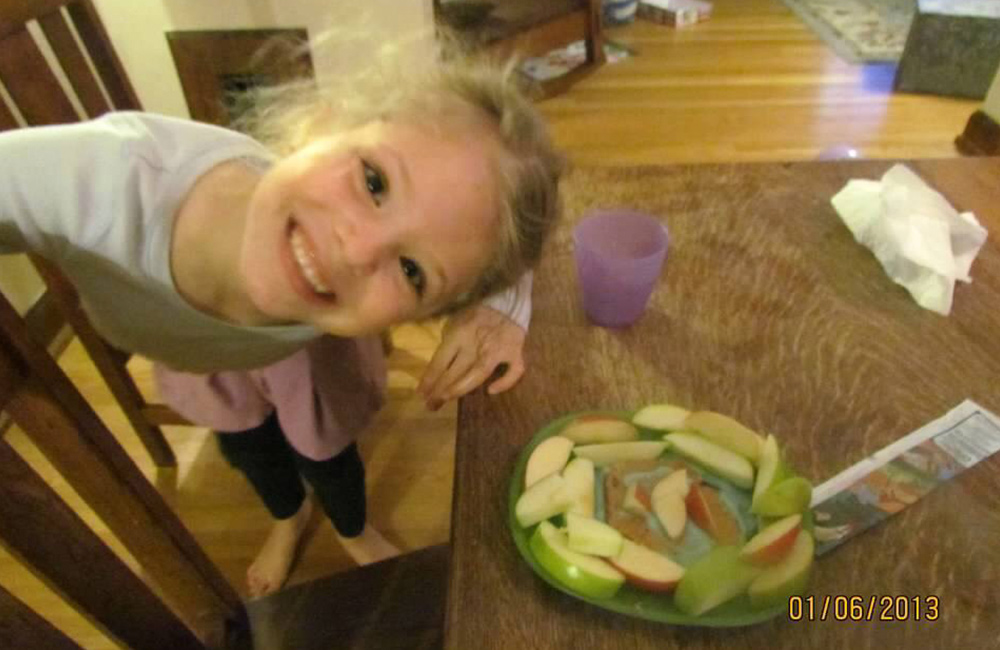Recently, after more than a year of prayer/considering pros and cons/watching food documentaries/trying it out and failing and trying again, I made the decision to eat a vegan diet.
I’m not lying when I tell you that it is HARD to be a vegan.
I’m not lying when I tell you that MANY times I have complained to God in prayer about how much I miss cheese.
I’m definitely not lying when I tell you I have had actual nightmares about suddenly “forgetting” I was a vegan and eating ALL.THE.ICE.CREAM.
All are true statements.
I’m not proud.
As a culture, we are so wrapped up in food, aren’t we?
Think about it.
What is the first thing you do for someone after they have had a baby?
Bake them a casserole!
What is the first thing you do for someone who has just reached a major milestone in life?
Go out for a celebratory dinner!
What is the first thing you reach for when you’re sad?
Ice cream!
I could go on and on, but you get the picture. Food is a staple in our lives. We need it to survive, of course, but we also use it to grieve, celebrate, comfort ourselves, socialize, show love, say “thank you”, pass the time when we are bored, and more!
Don’t get me wrong I am not attacking food. I actually am very fond of food. Even with as many children as I have, I love to grocery shop with them. I love cooking with them! I love finding new recipes. I love when at least most of my family members actually like the new recipes!! It makes me want to celebrate with a bowl of ice crea…. err, broccoli.
So why did I choose to become a vegan?
I’m so glad you asked!
Many years ago, when Maple Tree was just a little seedling, we served a patient who had been battling breast cancer off and on for more than 17 years. At her most recent diagnosis, she was told that there was nothing more the doctors could do for her. Chemotherapy would no longer be effective. She was told to go home and get her affairs in order because she had months, if not weeks, left to live.
At the time, this woman was the mother of 5 children – the oldest of which was in college. How do you “get your affairs in order” when you have 5 babies at home who need you?
After considering her options (or lack-there-of), this woman decided that even if traditional medicine could not help her, maybe there was something else that could.
She decided to fight her cancer back….with food.
She cut sugar and processed foods out of her diet.
Then, she decided to become a vegan.
And, you know what?
For two years, she was able to stop cancer growth in her body.
Two years is a long time when you have babies at home.
Now, please hear me when I say that becoming a vegan did not eliminate cancer from her body. This woman did eventually lose her battle with cancer.
However, there is no denying that her diet made a positive impact on the time she had left. I firmly believe it is what gave her extra time with her family.
This woman’s story is what initially led me to become a vegetarian. And I have done this for the last 7 years.
However, the more research I do (understanding that I am not a registered dietitian, just a fan of food), the more I see the benefits of a vegan diet, in terms of lowered blood sugar, improved kidney function, reduced risk of cancer, reduction in pain, and protection against certain types of cancer.
It is not for everyone.
This is not a blog post that is going to try to convince you to make a drastic change to your diet without the help of a licensed, registered dietitian.
The goal here is to at least help you consider the idea of using food to help your body be the healthiest it can possibly be!
Therefore, if becoming a vegan is just too extreme for you, that is okay! There are still lots of healthy food choices that you can make that will help you thrive during your cancer recovery!
Here are some helpful cancer-fighting food tips for you to try.
- Strive for a plant-based diet centered on whole grains, legumes, fruits, and vegetables.
- Eat 3 oz. fatty fish (salmon, tuna, sardines) twice a week.
- Eat 7 servings of whole grains daily. Try new grains, such as quinoa, bulgur, and whole-wheat couscous.
- Eat 5-9 servings of fruits and vegetables daily. Choose a variety of dark colored produce – orange, green, and red. Be sure to include cruciferous vegetables, such as broccoli, kale, and cabbage, as well as tomato products.
- Snack on nuts, but limit portions to 1/3 C.
- Flavor foods with phytochemical-rich herbs and spices such as oregano, rosemary, garlic, and turmeric.
- Sip on green or black tea daily.
- Reduce total dietary fat by limiting animal fats (both milk and meat) and opt for healthier monounsaturated fat (olive oil, canola oil, and avocados) and omega-3 fats (salmon, flaxseeds, and walnuts). Avoid polyunsaturated vegetable oils, such as corn oil and hydrogenated vegetable oils.
I dare you to pick at least ONE and implement it into your diet TODAY!!

